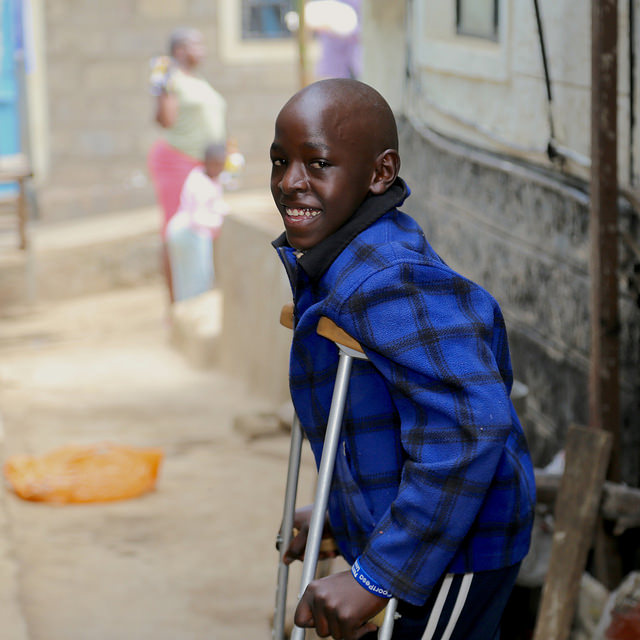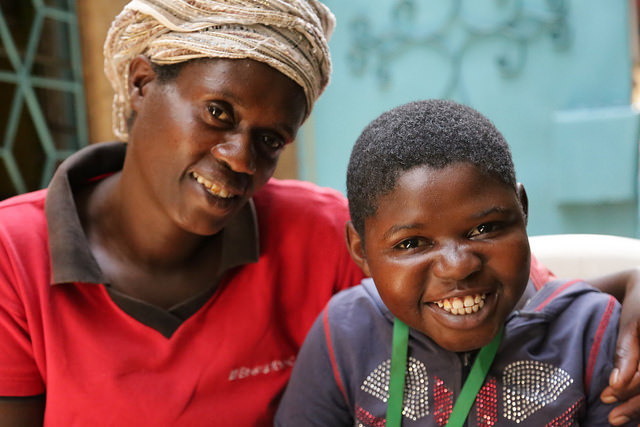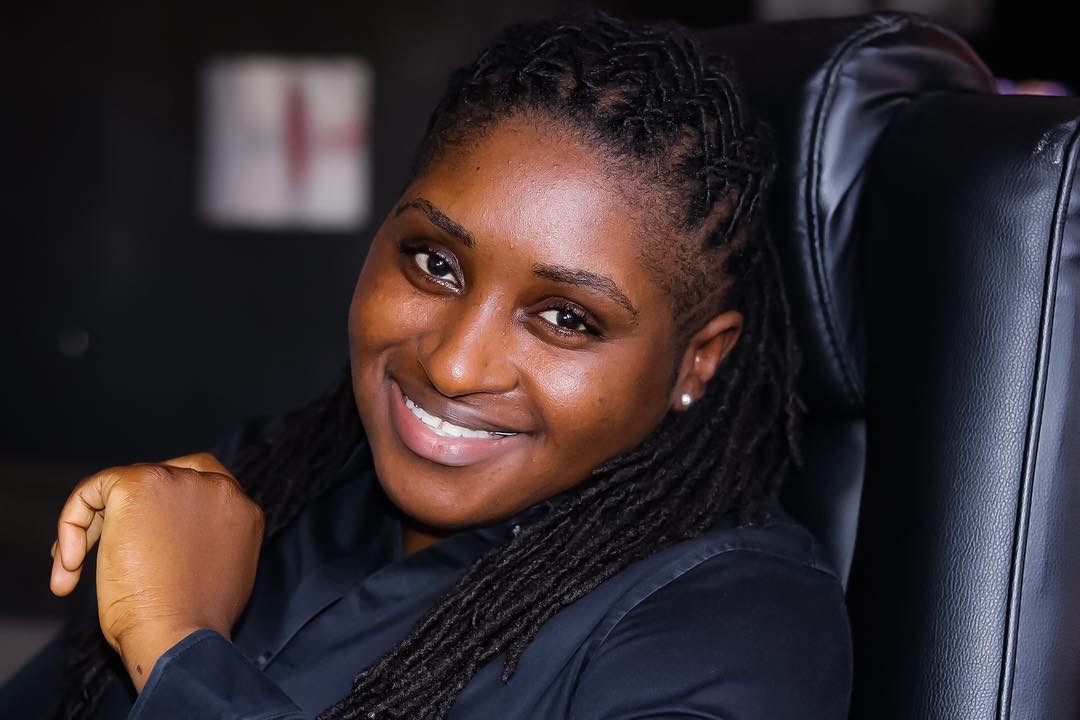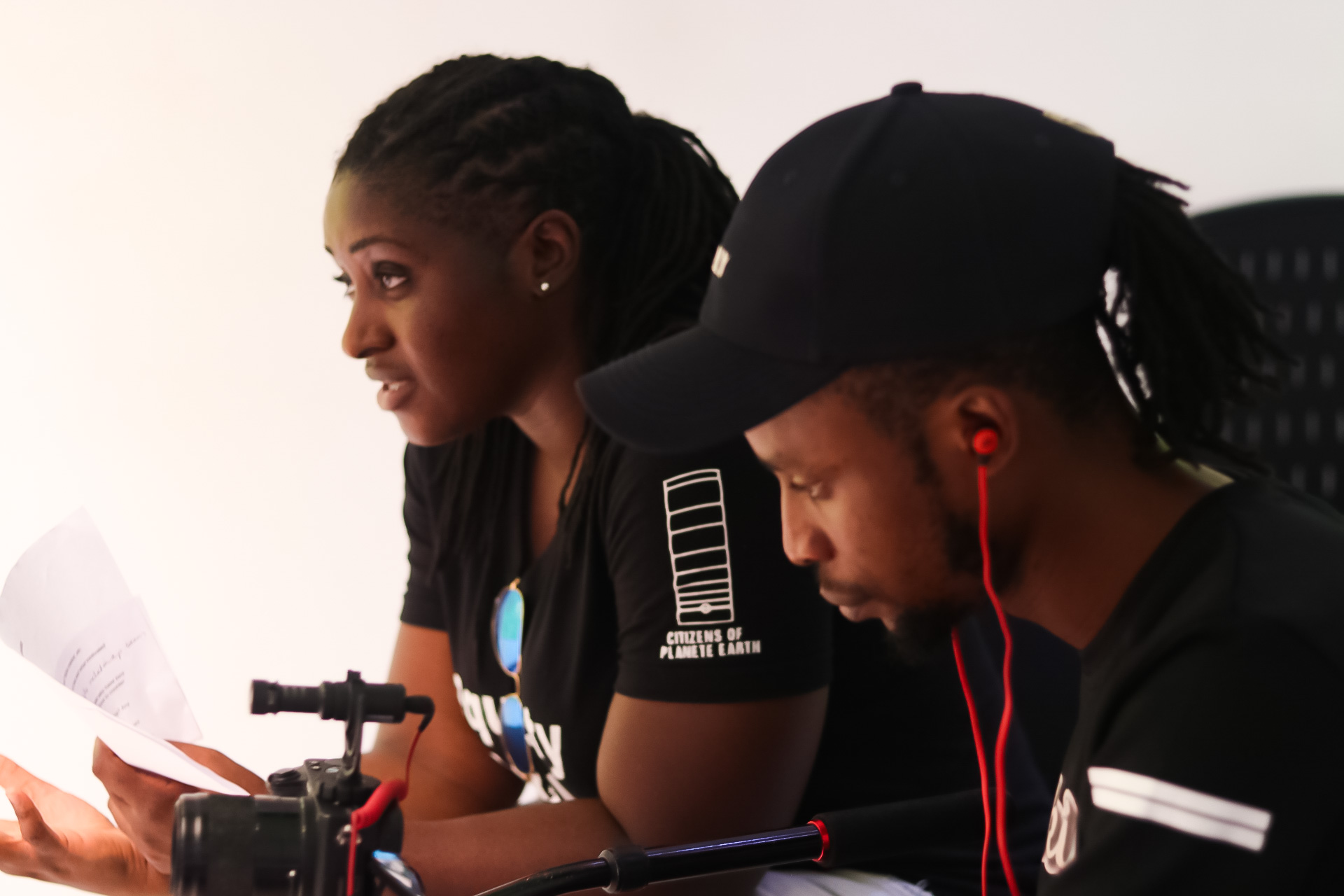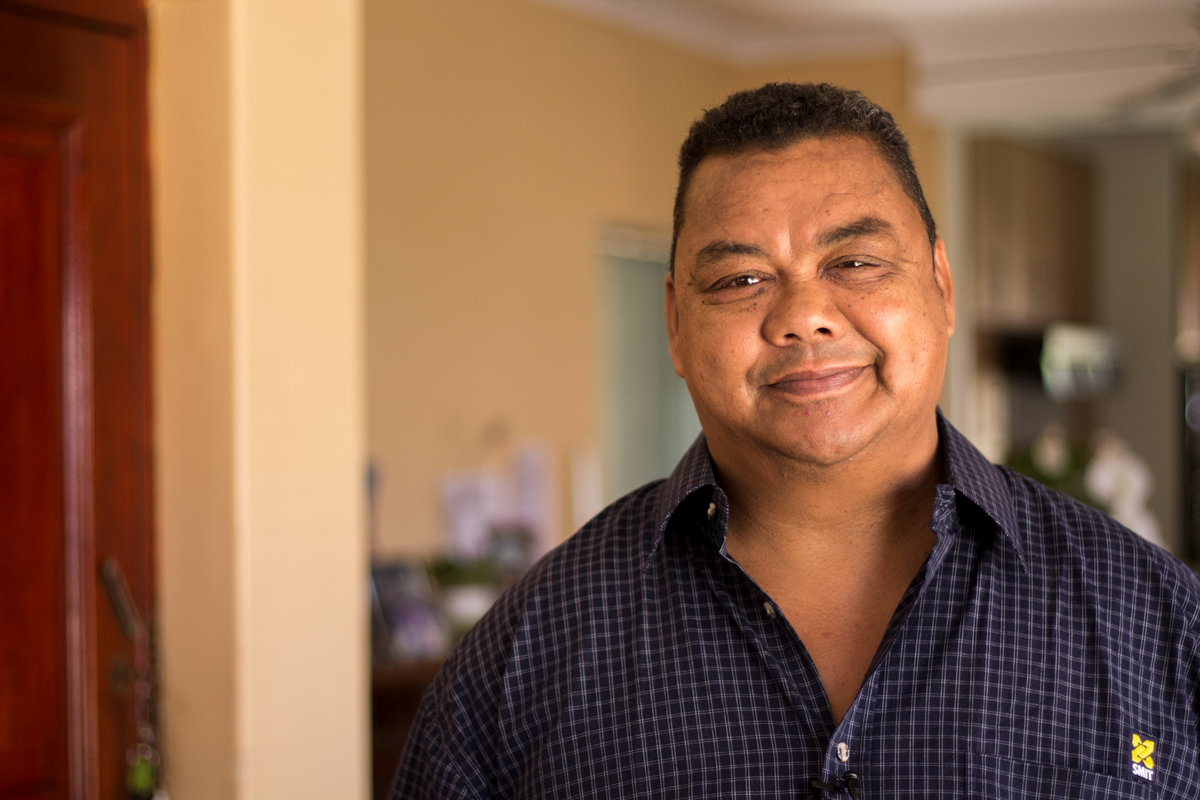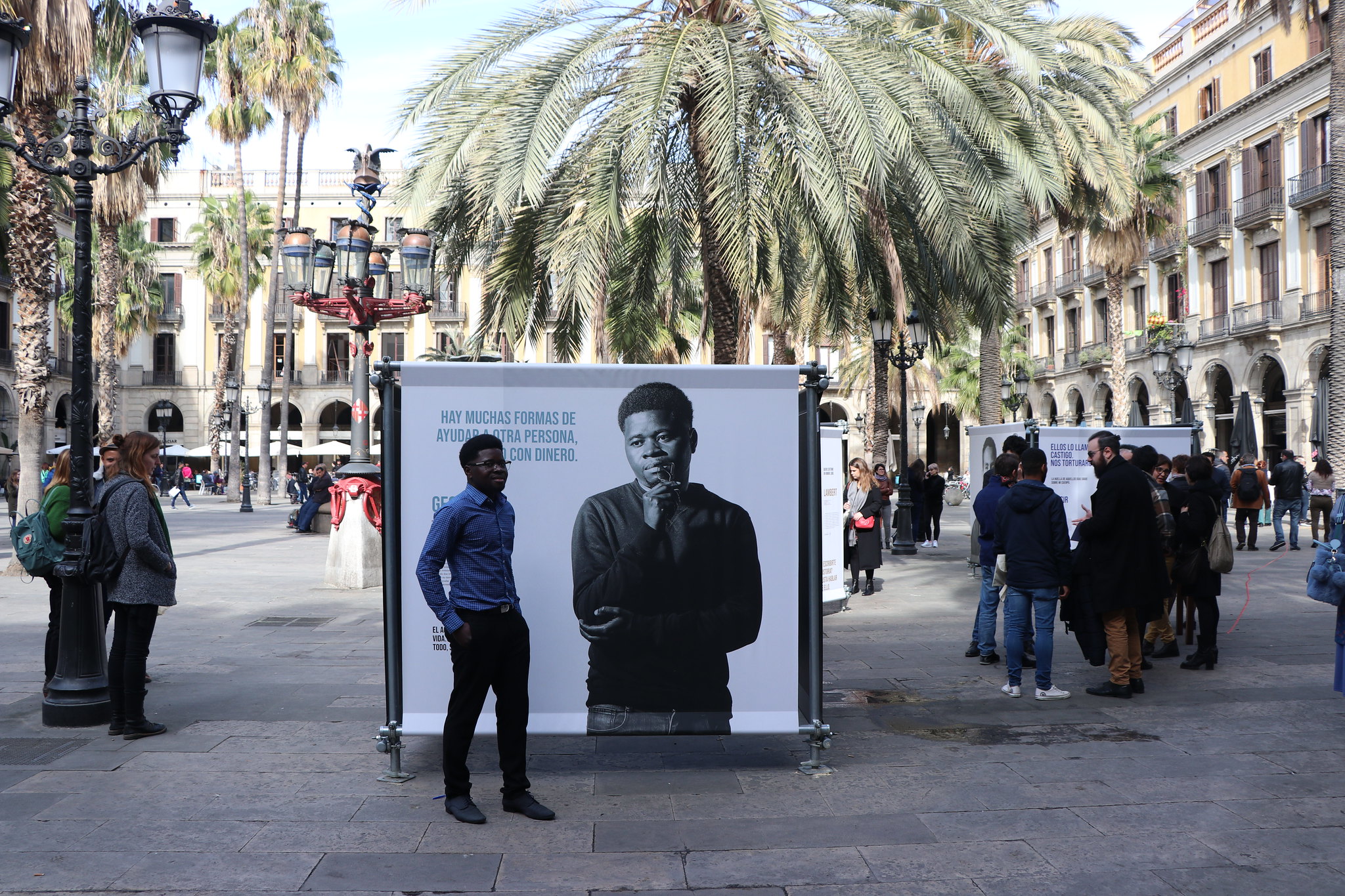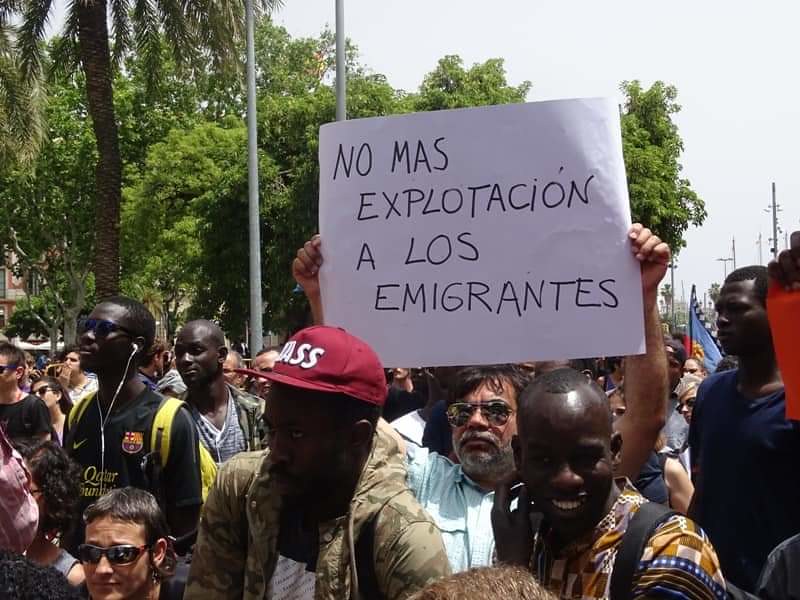Our Work in
Social Justice
Maria Omare
The Action Foundation (TAF) works to support children and young people with disabilities in low-resource communities, enabling them to thrive. Founded by Maria Omare, TAF’s mission is to build inclusive and resilient communities where children, women, and girls with disabilities can thrive. We improve the quality of life for these individuals through programs covering their entire lifecycle, from the early years to adolescence and adulthood.
In 2018, with the support of caregivers, friends, and a TPP grant, TAF established the Action Foundation Therapy, Training, and Resource Centre (TAF Hub). Located in the heart of Bombolulu Village, Kibera, the Hub provides essential rehabilitative services, learning, and training opportunities for children, women, and girls with disabilities, as well as their caregivers. It hosts a Therapy Center, Community Library, Workshop, and STEM Center.
Since then, TAF has expanded, operating three additional Therapy Centers in Kawangware, Mukuru, and Mathare Informal Settlements in Nairobi.
TAF has also developed three programs:
- Tunza (Nurturing Care) Program: Supporting the holistic health, growth, and development of children with disabilities.
- Ibuka (Women and Girls Empowerment): Enhancing the livelihoods, resilience, and dignity of women and girls with disabilities.
- Somesha (Inclusive Education): Enhancing teacher preparedness, educational assessments, and access to digital technologies to promote inclusive education.
Pamela Adie
Pamela is an LGBT rights advocate with a passion for storytelling. She is the executive director of The Equality Hub, a non-profit which advances the rights and wellbeing of lesbian, bisexual, and queer women in Nigeria. Shge was invited to the 2017 World Economic Forum to make the case for LGBT inclusion in the workplace to business leaders.
Pamela has been the first person in Nigeria to make a documentary about coming out as a lesbian. “Under The Rainbow” is a feature-length documentary in which we see a Nigerian lesbian narrate her journey of self-discovery. It exposes the harmful effects of homophobia and its impact on a person and families. In a recent study, 61% of Nigerians say that homosexual Nigerians should not have access to public services like healthcare and education, while 83% say they would reject a family member who is homosexual.
She was inspired to make this film because visual storytelling has the power to change perceptions that lead to acceptance.
The grant from the Pollination Project contributed to making this goal a reality by ensuring that the film was completed in the highest quality and that it was accessible to those who need to see it.
The film had screenings in Nigeria, the US, and South Africa and inspired many people.
“Working with the Pollination Project has been a great experience and one that I am very grateful for. LGBTQ-related issues/projects rarely get funding in this part of the world, so I am very grateful to have received this support. The whole LGBTQ community in Nigeria thanks the Pollination Project in every way possible. Thank you.”
Paul Talliard
Paul received a TPP grant in 2015. The model Paul Talliard created was unique: businesses donate their unwanted goods to Hands of Honour to be upcycled, which creates jobs and skill-building opportunities for the boys and men Hands of Honour employs.
Paul used some of that income to create learning resources for local school children and provided many other opportunities for those he served to volunteer in their communities.
To date, this work has saved 369 tons of waste from entering a landfill, employed 14 boys and men, can call up to 50 members for a volunteer project, and distributed 80 Early Childhood Development Classroom on Wheels units to under-resourced children’s centers.
Even while growing Hands of Honour, Paul always found time to give back to The Pollination Project’s global family. He served as a grant advisor and mentor to new changemakers beginning in 2016, donating countless hours to helping other would-be visionaries on their own unique path to creating a kinder, more compassionate world.
Even though Paul passed in 2021, Hands Of Honor still serves as a significant inspiration for many. Several men who have been part of the Hands of Honour Upcycling Centre have moved on to lead lives filled with meaningful goals and clear vision.
George Reginald Freeman
“My government tried to kill me for being gay. It only made me want to work harder for equal rights around the world.”
Without his permission, a local newspaper in his native Sierra Leone outed George Reginald Freeman as a gay man. He was driving to hide out in a guest house when his car was ambushed by two assailants, who relentlessly beat him before George narrowly escaped.
In 38 out of the 54 African countries, homosexuality is illegal, in some cases punishable by death. Like many asylum seekers from Africa, George sought refuge in Spain, a country known for progressive national stances on human rights.
Yet George found that these stances were more theoretical than practical, and much of the discrimination he faced in Sierra Leone also existed in Spain. As he met other African LGBTQI refugees, their stories moved him. Some had been subjected to beatings, exorcism, and forcible rape to “cure” their homosexuality. Some had seen their partners murdered. Some had been excommunicated from their families and villages. In Spain, their physical safety was more assured but their housing, employment, healthcare, and cultural standing was not.
George works to elevate the stories of LGBTQI refugees, monitor human rights abuses, and welcome refugees & asylum seekers new to Barcelona.
The Pollination Project partnered with him to publish “Unveil the Lens of Unspoken Reality,” which highlights challenges and offers recommendations to minimize the rate of discrimination his community encounters.
Give with us.

